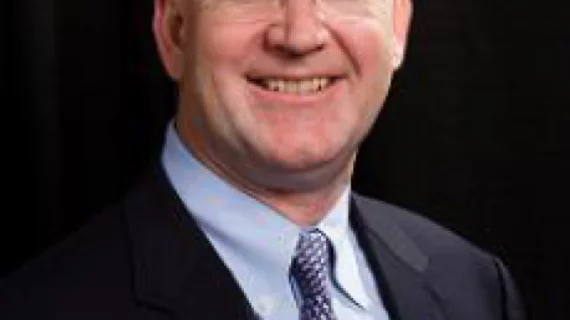Donald Rucker, former Siemens CMO, named new ONC chief
The next head of the Office of the National Coordinator for Health IT will be Donald Rucker, MD, a choice the industry was quick to praise once word of the pick leaked on March 31 due to an updated listing in the HHS employee directory.
Rucker spent 13 years as chief medical offer at Siemens from 2000 to 2013. He also served as a practicing emergency department physician for many years, holding a medical degree from the University of Pennsylvania, along with a business degree from Stanford Graduate School of Business and a computer science degree from Stanford. He currently serves as a professor of clinical emergency medicine and biomedical informatics at Ohio State University.
HHS hasn’t officially confirmed the selection, but IT industry groups seem pleased, while reserving some of their expectations until an official announcement is made.
“Donald Rucker has an extensive background in healthcare and health IT,” Matthew Weinstock, communications director for the College of Healthcare Information Management Executives (CHIME), said in a statement. “That experience on the provider and vendor side should serve him well at ONC given the agency’s role in meaningful use, especially creating EHR certification rules. As we move into the next critical stages of assessing the Meaningful Use Program, we are pleased to see the administration rounding out its health IT policy team.”
Rucker earned additional praise from a former National Coordinator for Health IT, Farzad Mostashari, MD, who tweeted, “Do good work, call on the #healthit community, we will support you.”
The future of ONC in the Trump administration has been a source of confusion. A new health technology position has been created within HHS, with former Louisiana congressman and physician, John Fleming, being appointed to the role.
In an interview with POLITICO, Fleming said he thought he was interviewing to take charge of ONC, and this new post may signal the agency will be consolidated within HHS.
“They may be reorganizing, but that’s purely speculation,” Fleming said. “No one from HHS has told me that.”

